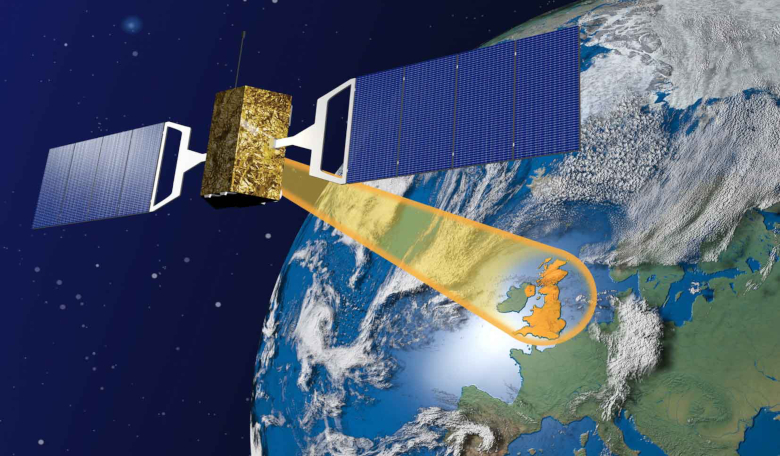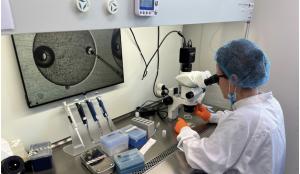The impending separation of the United Kingdom from the European Union (known as ‘Brexit’) will have a seismic effect upon British society and commerce - and the growing British space sector will be no exception.
A new report ‘What Brexit Means for UK Space Leadership’ was issued this week by The Aerospace Corporation's Center for Space Policy and Strategy (CSPS) during the 35th Space Symposium in Colorado Springs.
The report explores the complex decisions the UK space sector will face and the possible ramifications of those decisions.
"The world is watching as the UK manoeuvres its way through Brexit," said Gina Galasso, managing director of Vaeros Ltd, Aerospace's UK subsidiary and co-author of the CSPS report.
"The decisions the UK faces in its space sector will not just affect where and how much it spends on space, but also the possible role the UK could play in the global space enterprise, post-Brexit."
British involvement in the European Galileo global navigation satellite system has been one of the most fraught space-related challenges of Brexit.
Over the course of the summer of 2018, the UK and EU engaged in a very public negotiation over the possible roles the UK could retain in the deployment of Galileo, ending in an announcement from UK Prime Minister Theresa May in September that the country would pursue its own sovereign satellite system through the UK Space Agency.
Such a system would need to support approximately 30 satellites - a tremendous financial commitment for an agency with total expenditures of just US$500 million over FY17-18.
Among other topics, the authors of ‘What Brexit Means for UK Space Leadership’ outline alternative approaches to filling the gap left by Galileo in the UK space programme, pointing to more cost-effective and strategic alternatives.
Central to the question of the UK space sector's future is the role of the UK Space Agency (UKSA) itself. Currently functioning as an enabler within the space industry - working on space projects in cooperation with industry and academia - UKSA lacks the staffing and resources it would need to build and administer a national space programme.
The UKSA would need to invest heavily in building technical expertise in its ranks in order to create a national space programme at a time when pressure on national government budgets is likely to be high.
"Brexit will almost certainly create an inflection point for the UK space sector," says Jamie Morin, executive director of CSPS.
"In the aftermath of the referendum, the British government has reviewed its activities in space, and the process has moved entities such as UKSA and the Ministry of Defence to coordinate more tightly than they have in the past.
“Regardless of Brexit's outcome, the UK can take considered, deliberate steps that benefit its space sector, including expanding the capacity of its space agency."
The report’s authors conclude: "The decision about whether to transition from spending the vast majority of its resources on international space projects to acquiring large national space systems has serious consequences for the sector. It should be made deliberately and strategically."
The full CSPS report can be downloaded at: https://aerospace.org/paper/what-brexit-means-uk-space-leadership











